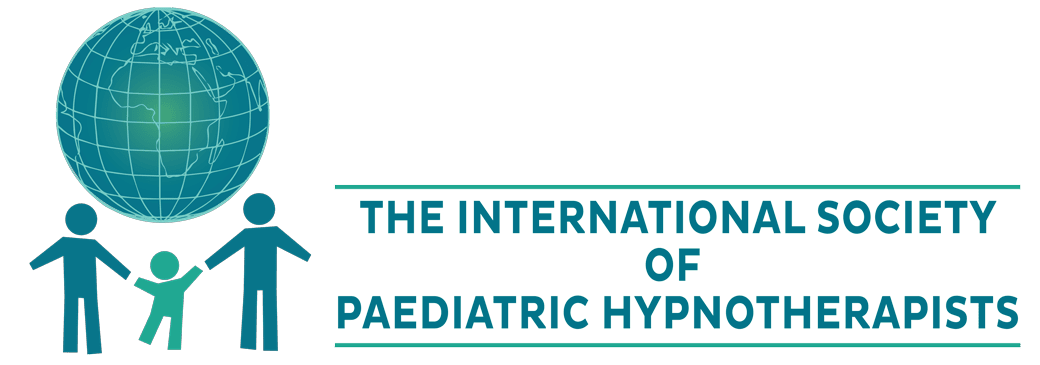If your child is struggling with ongoing abdominal pain in children, discomfort, or digestive distress, and nothing seems to help, a new study published in The Lancet Child & Adolescent Health offers encouraging news. The research highlights the remarkable effectiveness of hypnotherapy for children and adolescents diagnosed with Irritable Bowel Syndrome (IBS) and Functional Abdominal Pain Disorders (FAPDs).
These conditions, commonly grouped under abdominal pain in children, are not life-threatening but can seriously affect a child’s wellbeing, impacting everything from school attendance to confidence, sleep, and social life. The study provides much-needed reassurance that safe and effective help is available, and hypnotherapy could play a key role.

What Did the Study Investigate?
This 2025 study is one of the most comprehensive of its kind. It’s a systematic review and network meta-analysis, which means the researchers didn’t just look at one or two small trials. They combined and analysed data from multiple high-quality studies involving children with IBS and FAPDs to compare different treatment approaches side by side.
The treatments assessed included:
- Hypnotherapy
- Cognitive Behavioural Therapy (CBT)
- Dietary changes
- Pharmacological treatments
- Standard or usual care (e.g. GP monitoring)
The goal was to find out which approaches made the biggest difference to children’s symptoms.
The Results: Hypnotherapy Stands Out
The study revealed that hypnotherapy was the most effective treatment overall for reducing symptoms of IBS and FAPDs in children. Hypnotherapy had a 78% success rate in symptom reduction, compared to 41% for CBT, making it nearly twice as effective.
What’s especially important is that the improvements seen with hypnotherapy weren’t just statistically significant, they were clinically significant.
What’s the Difference Between Statistical and Clinical Significance?
When a treatment is described as statistically significant, it means the results were unlikely to have occurred by chance. It tells us that the treatment had a real effect, but not necessarily whether that effect was big enough to matter in everyday life.
Clinical significance, on the other hand, means the change was large enough to make a meaningful difference to the child’s health and quality of life. In this study, children didn’t just see numbers improve, they felt better, had fewer symptoms, and were able to live more freely. That’s the kind of result parents are looking for.
Why This Research on Abdominal Pain in Children Matters for Parents
As a parent, you may have tried different approaches to ease your child’s digestive problems,dietary adjustments, reassurance, medication, or managing anxiety. But many children continue to suffer despite these efforts. When that happens, it can feel like you’re out of options.
This study changes the landscape. It shows that hypnotherapy, often overlooked or misunderstood, is a serious and science-backed option. It works not by masking symptoms, but by helping children shift the way their brain and body respond to gut discomfort.
At the International Society of Paediatric Hypnotherapists (TISPH), we’ve seen first-hand how effective this approach can be. Many of the children we see arrive after months or even years of worry, embarrassment, and frustration. With the right support, their symptoms often ease much faster than expected.
How Hypnotherapy Helps with Abdominal Pain in Children

Hypnotherapy uses gentle, focused relaxation and guided imagery to help children change unhelpful patterns of thought and behaviour, many of which operate below conscious awareness.
When it comes to IBS and FAPDs, hypnotherapy helps children:
- Relax their nervous system and reduce gut sensitivity
- Reframe the way their brain responds to discomfort
- Build confidence in their body and routines
- Reduce worry about having symptoms in public or at school
Children are especially well-suited to this type of therapy. They already live in their imagination, and hypnotherapy taps into this natural skill to help them make powerful changes in how they feel.
A Safe, Natural Option
One of the key strengths of hypnotherapy is that it’s completely non-invasive. It doesn’t involve medication, and it can often help reduce the need for it. Sessions are designed to be enjoyable and supportive. Many children find them calming, creative, and even fun.
Most importantly, it gives children back a sense of control over their bodies and their lives.
Who Should You Trust?
While this study has rightly brought hypnotherapy into the spotlight, not all practitioners are the same. For parents, it’s essential to choose someone with specialist training and experience in working with children.
That’s where the International Society of Paediatric Hypnotherapists (TISPH) comes in. All practitioners listed at www.tisph.com have completed specialist diploma training in paediatric hypnotherapy, ensuring they understand both the psychological and developmental needs of young clients.
These therapists are not generalists, they are focused specifically on helping children, with a strong emphasis on empathy, rapport, and developmentally appropriate techniques.
What About Adults?
Although this study focused on children and teenagers, it fits with what previous research has found in adults with IBS. Gut-directed hypnotherapy has been used for many years in adult populations with great success, so it is reasonable to suggest that adults may also benefit in much the same way.
However, what makes this research unique is that it confirms what many paediatric hypnotherapists already know: children can change quickly, and often need fewer sessions than adults to achieve lasting results.
What Should Parents Do Next?
If your child is struggling with abdominal pain in children, or if you suspect they may have IBS or FAPDs, consider the following steps:
- Speak to your GP to rule out any medical concerns and get a diagnosis if needed.
- Explore hypnotherapy as a next step, particularly if other treatments haven’t helped.
- Look for a therapist with dedicated experience working with children, you can find one at www.tisph.com.
TISPH connects parents with qualified, child-focused hypnotherapists who understand the emotional and physical challenges children face,and who are ready to help them feel better.
Moving Forward: Hope for Children with Abdominal Pain
This study provides a clear and hopeful message for families: children with abdominal pain in children can get better, and hypnotherapy may be the missing piece in the puzzle.
It’s time to move beyond the idea that abdominal pain in children is “just in the head” or that children have to learn to live with it. This research shows that real relief is possible, and it’s already within reach.
